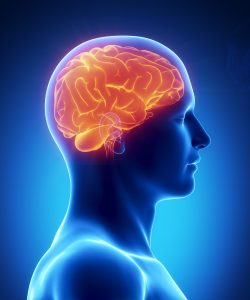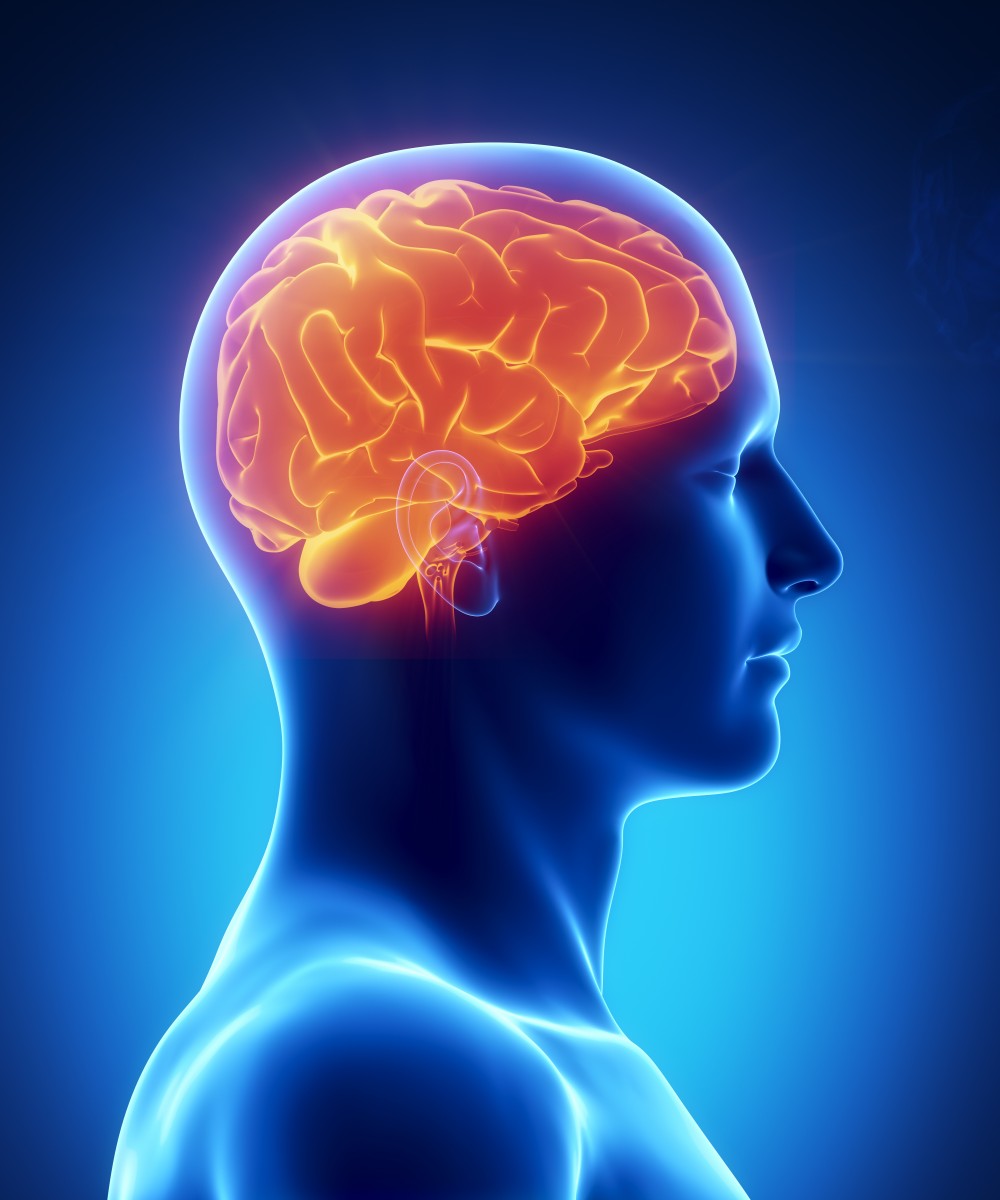Post-Stroke Depression Eight Times Higher than Average, Danish Study Finds
The incidence of depression in the early months after a first stroke was eight times higher than average, according to a population-based study in Denmark, and patients with a history of prior depression or more severe stroke were especially vulnerable.After three months the rate fell significantly, yet it was still two times higher at two years, according to the study published online September 7 in JAMA Psychiatry.

Image credit: shutterstock.com
Absolute mortality rates were higher in both groups; however, relative mortality was lower among stroke survivors, the researchers also found.Major risk factors for depression in both cohorts included advanced age, female gender, living alone, lower educational attainment, diabetes, high levels of physical comorbidity, a history of depression, and stroke severity.“Although this suggests different etiological mechanisms, we could only provide indirect support for this,” said co-author Merete Osler, MD, PhD, of the Research Center for Prevention and Health at Copenhagen University in Denmark.
“The increase in the incidence of depression within the first months after a stroke, as well as weaker associations with recognized risk factors and mortality, suggests that post-stroke depression may be different than depression among individuals without any known prior illness,” she told Neurology Today.
Only two studies have compared post-stroke depression using reference population cohorts, but both involved fewer than 300 cases, according to the researchers. While prior depression, stroke severity, and level of disability have consistently been associated with increased risk of depression after stroke, less evidence has suggested an association between socio-demographic factors, lifestyle, or stroke features.
EXPERTS COMMENT
While screening guidelines have been developed, “identifying those at high risk [for depression] based on currently known predictors is unsatisfactory,” said Craig Anderson, MD, PhD, professor of stroke medicine and clinical neuroscience at the George Institute for Global Health at the University of Sydney in Australia, in an accompanying editorial.Moreover, available brief depression scales are “unlikely to be worthwhile unless supported by a fuller diagnostic assessment and clear treatment plan in those with a true or probable diagnosis of depression,” he wrote.Research into the etiology of stroke-associated depression has focused primarily on lesion location using imaging, but a systematic 2000 literature review suggested that it is not a major factor, he continued. The new study indicates that this needs to reassessed within the context of predisposing factors such as old age, female gender, living alone, limited education, a history of depression, and diabetes.“Because of the considerable overlap between depression and other mood disorders, especially anxiety, with impaired concentration and memory and fatigue owing to various central or peripheral causes, more neurocognitive assessment in selected patients can be useful in establishing an underlying diagnosis and appropriate treatment plan.
Nada El Husseini, MD, assistant professor of neurology at Wake Forest Baptist School of Medicine, said the study is important not only because it was conducted in a representative sample of an entire population but also because the researchers compared risk factors for depression between the two study groups.“This has not been done before as far as I know,” she told Neurology Today. “It does not answer all our questions, but it is significant because they found that while the risks were similar in both arms they were even more so in the non-stroke group. This is something that has not always panned out in other studies.”
She said she found it interesting that the association with mortality in the stroke group was comparable to the non-stroke group. “Neurologists need to be more aware of the risk of depression in stroke patients, as should general practitioners and other busy clinicians. Not all stroke patients are aware of the risk of depressive symptoms, while others may be depressed but don’t want to say anything,” she said.
“While what the researchers found is not necessarily new, it is a very high-quality population-based study,” said Linda S. Williams, MD, FAAN, professor of neurology at Indiana University School of Medicine in Indianapolis and director of the United States Department of Veterans Affairs Stroke Quality Enhancement Research Initiative.“Stroke survivors often don’t recognize their symptoms as being depression because they think that after a stroke it is normal to be tired and let down.”
The article was originally published here.





